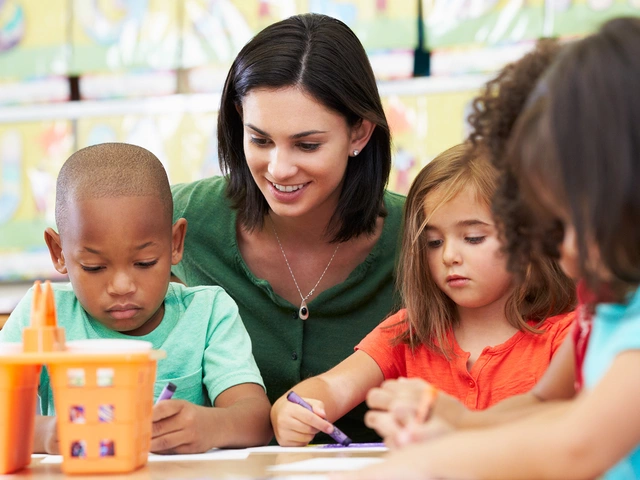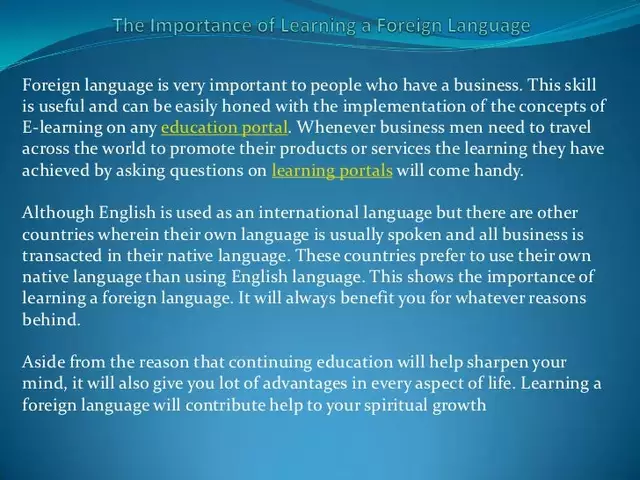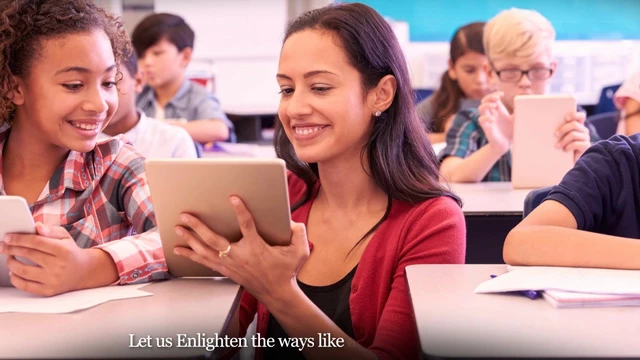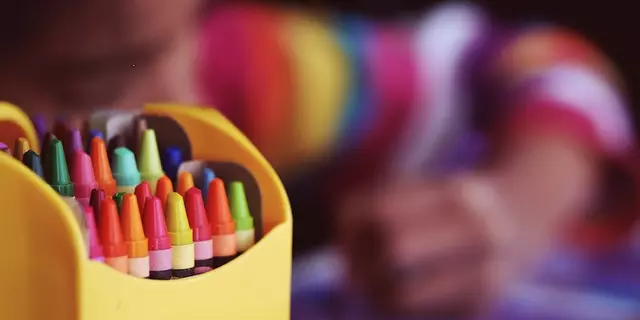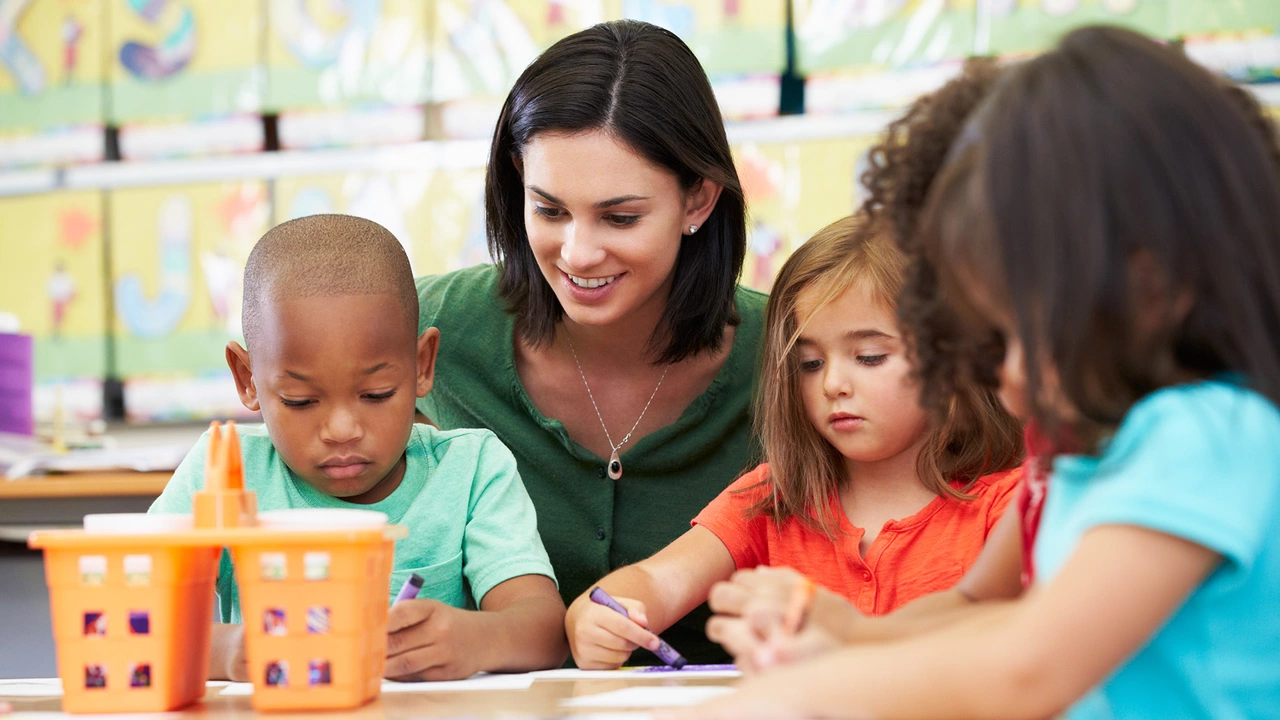
Identifying Your Child's Learning Style
I'm Kendrick, a father, a blogger, and an amateur education expert with an insatiable curiosity about the world of learning. Today, I'm here to share my insight on an issue that keeps most, if not all, parents awake at night: What kind of education do I want my children to receive? I know, it sounds like an exam question. Trust me; the grades you fetch in this paper are more life-shaping than any academic exam ever could be.
There's a common saying that "if you judge a fish by its ability to climb a tree, it will spend its whole life believing it is stupid." Likewise, children are not generic products off an assembly line, but rather, individual learners with different learning styles. Some children are visual learners, others are auditory learners or kinesthetic learners. Some children learn best in groups, others excel when they study alone. The moment you identify your child's learning style, you open doors to a new dimension of understanding - understanding your child and their specific needs. That's the first step in choosing the kind of education that's best for them.
Exploring Different Education Systems and Approaches
Traditional? Homeschooling? Montessori? Waldorf? Democratic? Unschooling? Technological? Sure, navigating the educational landscape can feel like stepping into a complicated labyrinth. But, remember, these are not just buzzwords or academic jargon but true representations of educational approaches that exist. Each brings unique perspectives and values in shaping our children's minds.
Let's give you a quick rundown here. Traditional education is the one most of us experienced, where a teacher stands in front of a classroom full of students and imparts knowledge. However, this approach has its pitfalls. For instance, it assumes all students learn in the same way, at the same pace. On the other hand, homeschooling allows for individual attention and curriculum flexibility, but entails significant parental involvement. Montessori promotes self-directed learning through hands-on exploration, while Waldorf emphasizes creativity and imagination through arts and stories. The democratic approach emphasizes child-led learning and decision-making, while unschooling, essentially, is learning led by the learner's interests. Technological education utilizes technology tools to facilitate learning, but it's crucial to strike a balance and avoid screen addiction. Understanding these different approaches could guide you in making an informed choice for your kid.
Character Building: The Underestimated Education Pillar
Would you prefer your child to be a walking encyclopedia without empathy or a well-rounded individual who is not only knowledgeable but kind, generous, and respectful? I know my preference, and I hope you share the same thought. Our society does not just need knowledgeable people; it needs compassionate, understanding, and accountable adults. This paradigm shift in your perspective towards what education should achieve can be transformative.
When considering educational options for your children, remember that school is not just a place to memorize multiplication tables or learn about the War of 1812. It's a training ground for life. So, make sure to add 'Character building' to your education wish list. This, in fact, may help you consider schools that not only focus on rigorous academics but also core values that resonate with your own.
Preparing Children for the Future, Not the Past
Ask yourself this; are we preparing our children for a world that won't exist when they mature or a world that's still taking shape? The wheelbarrow was a great invention back in the day, but can you imagine trying to build a spaceship using a wheelbarrow? Sounds absurd, right? Likewise, today's education should prepare our children for a future filled with unknowns.
With the pace of technology and the rate at which the job market is changing, it's critical to infuse 21st-century skills in our children's education. Skills like creativity, critical thinking, collaboration, and communication are going to be more important than ever. Education isn't about filling a vessel but rather igniting a spark for lifelong learning and equipping our children with skills to adapt and thrive in an ever-changing world.
Let me share a small incident from my life. I must have been in 7th grade or so. I was asked to build a model of the solar system for my science class. In those days, access to the internet wasn't as common, so I had to solely rely on books from the library and my imagination. I spent days rolling Styrofoam balls in various colors of paint to represent the planets, and finally suspended them with strings at suitable distances to depict the solar system. Yes, the model wasn't perfect, but the process instilled in me a curiosity about space, a knack for problem-solving, and an appreciation for learning by doing - skills that have benefited me throughout my life.
Being a parent is nothing less than being a superhero (without the fancy costume, sadly). It demands making decisions that can steer the course of your child's life and future. The kind of education you want for your child, thus, is not a decision to be taken lightly. However, remember, while the school or educational approach plays a significant part, you as parents play an equally, if not more, crucial role in shaping your child's learning and development. So, let's strive together to choose wisely and, above all, to instill a love for learning in our children because education, after all, should be the kindling of a flame, not the filling of a vessel.

